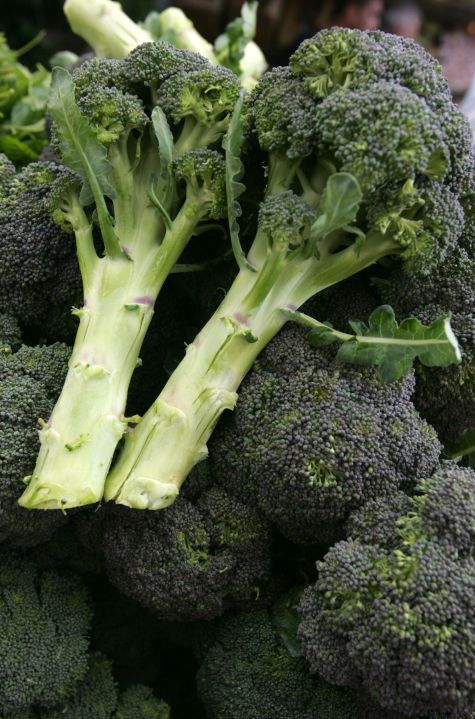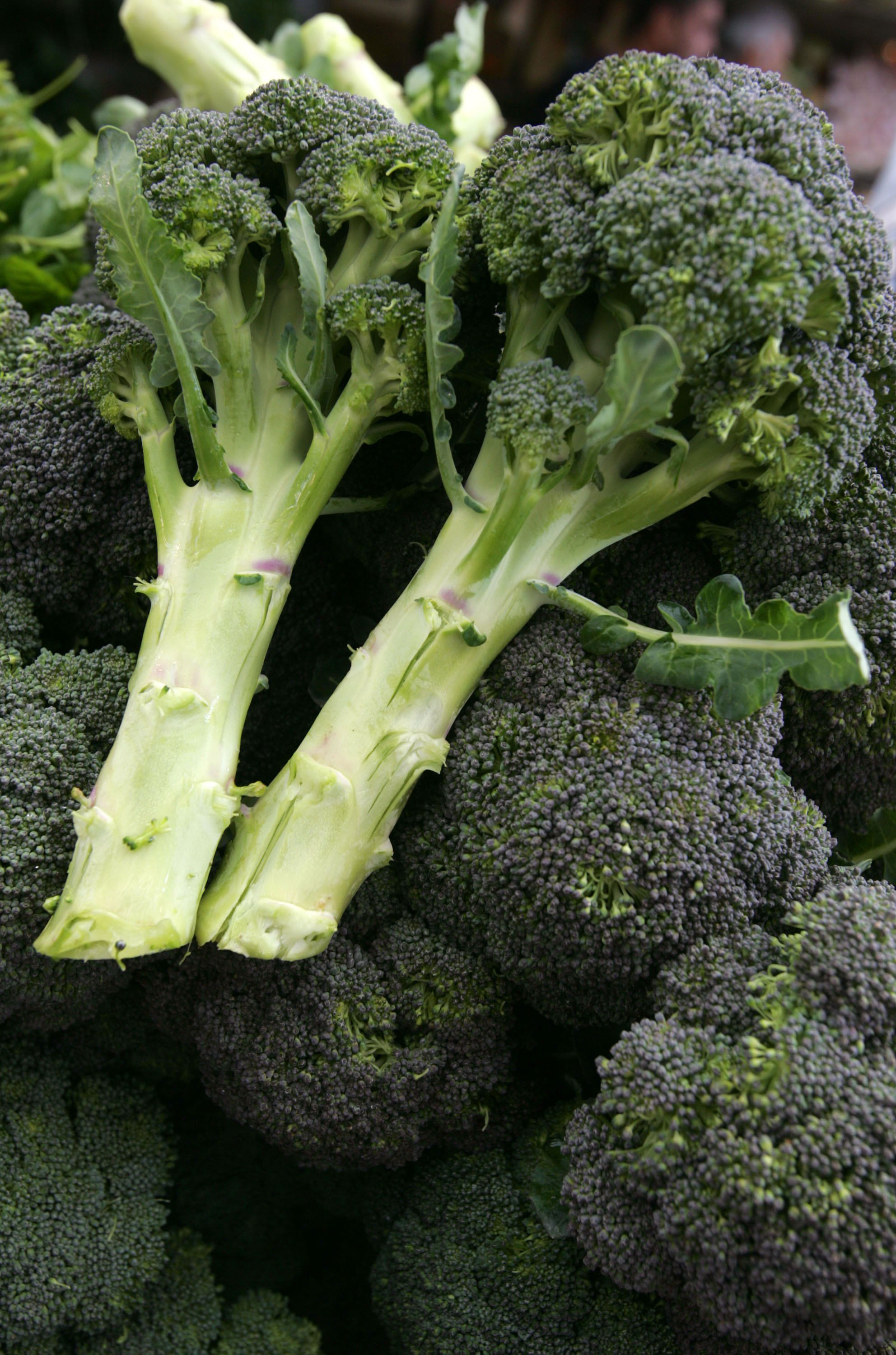Over in my day job, I recently wrote a piece about ‘superfoods’ and the myths that a particular kind of food can protect you from illnesses. The only food advice for which there is consistent evidence is that you should eat a balanced diet with plenty of fruit and vegetables; all this stuff about how you should eat pomegranate to make your liver healthy, or whatever, is complete nonsense.
One of the items that keeps cropping up was broccoli. It contains a chemical called sulforaphane, which supposedly helps with diabetes, lung disease and breast cancer. Naturally, the evidence for all this is lacking: the tests were all carried out with the chemical, extracted from broccoli, on cells in a petri dish, or on mice. These trials tell you nothing about what effect eating broccoli will have on humans.
But the sulforaphane bandwagon rolls on. This week the Daily Mail asks: ‘Could symptoms of autism be improved by eating broccoli?’ The answer, as you can usually expect when there is a question in the headline, is no.
The study itself might be quite exciting, if it’s repeated. Twenty-nine young men suffering from autism were given a course of sulforaphane, while 15 others were given a placebo; physicians and family reported a significant improvement in the behaviour of those on the real thing.
That’s if it’s repeated, though. We’re talking about a tiny, pathfinder study; with those numbers it could easily be sheer chance. Still, perhaps it will come to something.
What it doesn’t mean is that eating broccoli will help with autism, and it is frankly irresponsible to suggest that it could. Parents of autistic children have a hard enough time already without being told that if they’d managed to get them to eat their greens it might all have been different, especially since there is no sensible reason to believe that it would have been. Can everyone please stop?







Comments